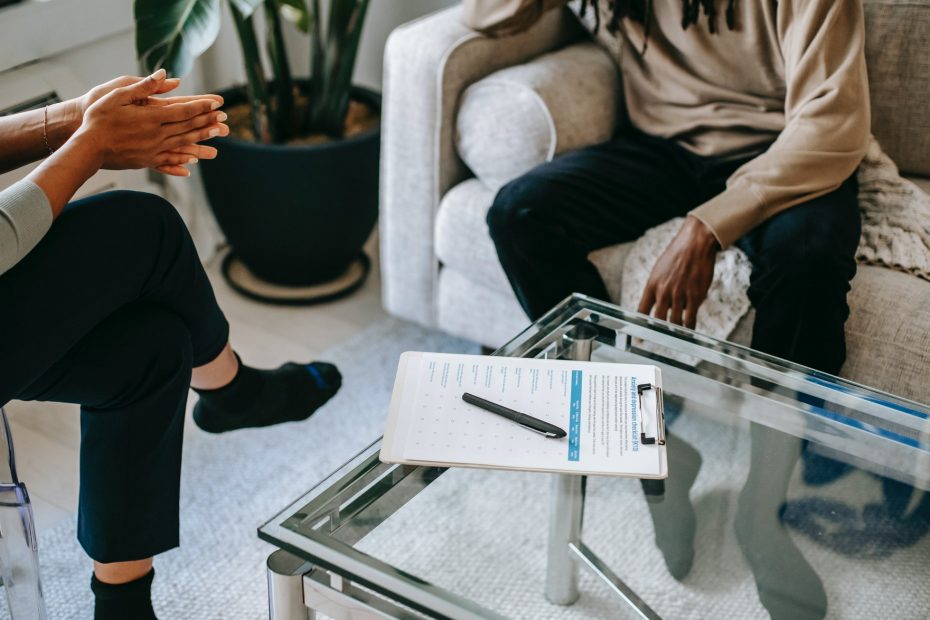Before You Meet
If someone asks me about finding a therapist, I respond to say that it’s a really personal thing! However, there are a few tips that I wanted to share here.
Who will provide the therapy?
Here I’m writing mostly about finding a therapist privately, but free talking therapy is available through the NHS, (although there may be a wait for therapy, and you may find that the choices you’re offered are more limited). Some employers or education providers also offer talking therapy. Some not-for-profit and community organisations offer lower-cost therapy (sometimes with newly qualified therapists, or trainee therapists in an advanced stage of their training).
The charity Mind has an excellent section on their website about these options, as well as questions to ask your therapy provider.
The points below refer mostly to finding a private therapist.
What kind of therapist should I choose?
The type of therapy or “modality” can include psychodynamic, cognitive-behavioural therapy, humanistic therapy and many more! Some therapists, like me, are integrative, which means they draw on different approaches. I’m not going to go into great detail about this here, because there are other websites that explain this really well, such as the Mental Health Foundation and the BACP website.
The different types of therapy have different strengths and evidence/research bases, and particular types of therapy may be better suited to particular issues. No one kind of therapy works for everyone or every kind of problem, and if a therapist claims this I would be worried!
You might find yourself drawn to a particular type of therapy or a particular approach, or you might want to meet some different kinds of therapists before deciding. Having said that, even within a particular approach there are very diverse “styles” of therapist. Evidence suggests that a strong working relationship is one of the most important factors in successful therapy, so I would recommend spending at least as much time on deciding on the right specific therapist as you do deciding the right modality.
How can I find a therapist?
There are a number of big directories where you can search for therapists, such as the BACP directory. There are also directories for specific types of therapist, such as Pink Therapy, the Association of Neurodivergent Therapists and the Black, African and Asian Therapy Network. These directories can help you to create a “shortlist” of therapists to contact. Here are some questions that may help you:
Are they registered with a professional body?
This is really important – the only way to know if a therapist is appropriately qualified is to check they are registered with a professional body. There are a range of registers which you can check, either directly on the organisations website, or through the Professional Standards Authority’s website.
Have they had training in the specific therapy they’re offering?
E.g. if you’re looking for a couples counsellor, have they had specific training in working with couples? Have they had specific experience with your particular concern or issue?
Pay Attention to Their Website (or Directory Entry)
What are your responses when you read their website – what feelings come up? Do you get a sense of who they are and how they do therapy? Do they seem thoughtful, trustworthy, empathetic? Trust your instincts!
Practicalities
- Are they available at a time and location that works for you? It can be really disappointing if you speak to a therapist and establish a good connection, only to realise there isn’t a time when you’re both available!
- Would they be available to work online? How do you feel about that? Increasingly therapists are offering online work, which may mean that travel is less of an issue these days. Online work can expand your choice, but some clients find that it feels different from face-to-face working.
- Can you afford their fees, and if not do they offer discounts for those on lower incomes? Therapist don’t always advertise this on the website, so it’s okay to email and ask.
Shop around – meet more than one therapist!
As I mentioned above, the relationship between client and therapist is really important, so it’s okay to shop around until you find someone you really feel you can open up to. This is a personal thing and much like any relationship it’s about compatibility! You are the best judge. Many therapists offer a free initial phone consultation so you can get a sense of what they are like. I usually suggest meeting at least 3 therapists before making your final decision – but it’s up to you!
Do your research, and trust your instincts!
I’ll be writing more about getting the most out of the initial appointment in a future article.

Pingback: Finding a Therapist Part Two – Daniel Winstanley
Pingback: Is Online Therapy Right for You? – Daniel Winstanley
Comments are closed.